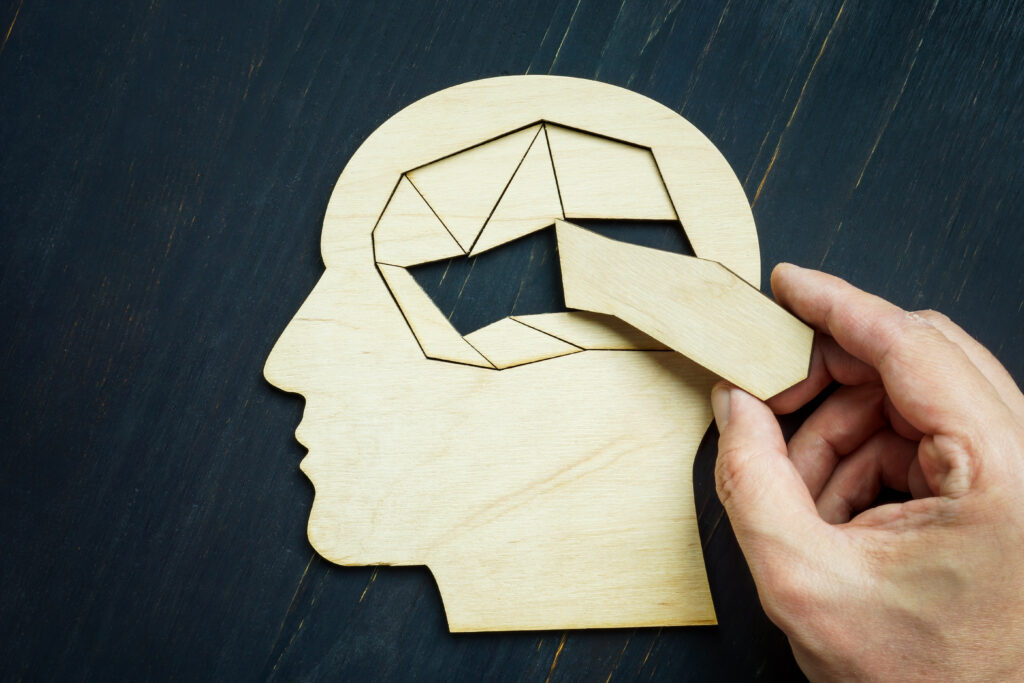Mild Cognitive Impairment (MCI) or Dementia

Mild cognitive impairment (MCI) is a condition in which people experience deteriorating memory, language, and cognitive function more than expected for their age, health and education. The symptoms are not as severe as a person diagnosed with Alzheimer’s disease or another form of dementia. Individuals with MCI can usually complete everyday activities and hobbies without help. Unlike many types of dementia, an individual with MCI is often aware of their memory problems. There is a possibility that MCI can lead to more severe forms of dementia, and thus it is of concern. Not everyone who has a diagnosis of MCI goes on to develop severe dementia.
Types of Mild Cognitive Impairment
There are two types of MCI; amnestic MCI and non-amnestic memory loss. With amnestic MCI, the primary symptom is loss of memory. So, an individual may forget conversations or misplace things. In non-amnestic MCI, the primary symptoms are difficulty with planning, organizing and judgement. Memory loss is a lesser symptom. Non-amnestic MCI may present as losing a train of thought, not staying on task or getting loss in a familiar place.
Dementia, on the other hand, is a severe progressive disease that interferes with the ability to perform everyday activities. Individuals with dementia often require help with daily care. The greater the severity of dementia, the more assistance they need. Memory and cognition are severely affected and become worse over time. Symptoms exhibited by dementia typically also include personality and behavior changes such as agitation or aggression. Behavior and personality changes are not evident in people with MCI.
Symptoms exhibited by MCI may be due to medication, but also to health conditions such as diminished blood supply to the brain. Unlike progressive forms of dementia, you can manage or even reverse symptoms of MCI. For this reason, accurate diagnosis is essential to treatment of the condition.
Dementia has many causes including brain injury, infection such as prion diseases, vascular problems and genetic mutations. Unlike MCI, the symptoms of dementia cannot be reversed. Physical therapy can help manage some of the physical symptoms. Medication may slow the progression of the disease or help manage associated behavioral changes. Medication will not treat the disease itself.
